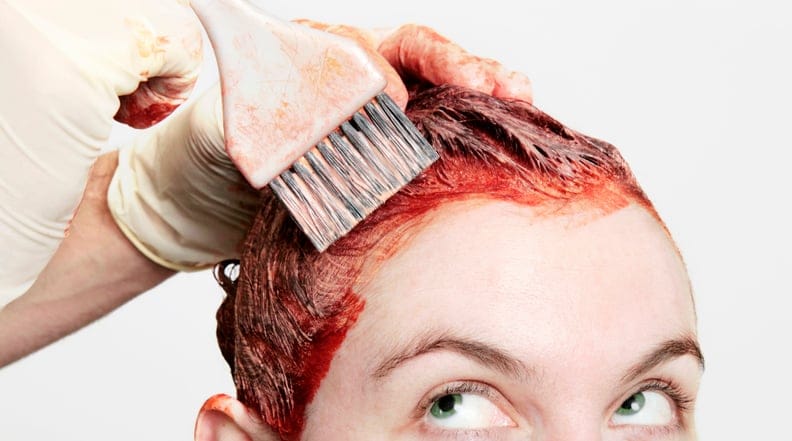While it’s often been suggested that chemicals contained in hair dye could increase cancer risk, studies have only recently begun to confirm that hypothesis. In fact, a new study released just this week found that women’s chances of developing breast cancer were greatly increased if they regularly used permanent hair dye and hair straighteners.
- The risk was severely increased in black women. The study found that black women who used hair dye regularly had a 45% increased chance of developing breast cancer, while the risk for white women was a 7% increase. As for hair straightener use, there was an 18% increased risk across the board, suggesting that both of these elements “could play a role in breast carcinogenesis.”
- You shouldn’t be too freaked out, though the findings are alarming. According to the study’s lead author Alexandra White from the US National Institute of Environmental Health Sciences, “We know that a lot of different factors influence a woman’s risk of developing breast cancer, and these risks we see here, they are meaningful but they are small.” She added that the findings needed to be put in context with everything else, like their diet, how much exercise they get, etc. since all of those elements play into a woman’s overall long-term health risks.
- Correlation doesn’t equal causation. In other words, just because the study finds an increased risk of breast cancer development in women who use hair dyes and straighteners, that doesn’t mean that women who use those items are definitely going to get it, nor does it mean that if they do develop breast cancer that it was the hair dye or the straighteners at fault. “While these results are intriguing, they do not provide good evidence that hair dyes or chemical straighteners are associated with a meaningful increase in risk of breast cancer or that any increased risk association is causal,” said Paul Pharoah, a professor of cancer epidemiology at the University of Cambridge, according to 7 News. “Women who have used such products in the past should not be concerned about their risks.”
- Semi-permanent and temporary dyes didn’t pose any increased risks. Meaning they should be considered generally safe. That being said, even permanent dyes aren’t considered carcinogenic by leading health agencies at this point, so do with that info what you will.



